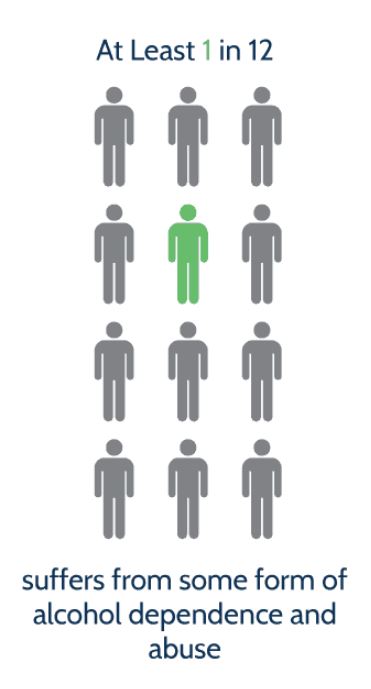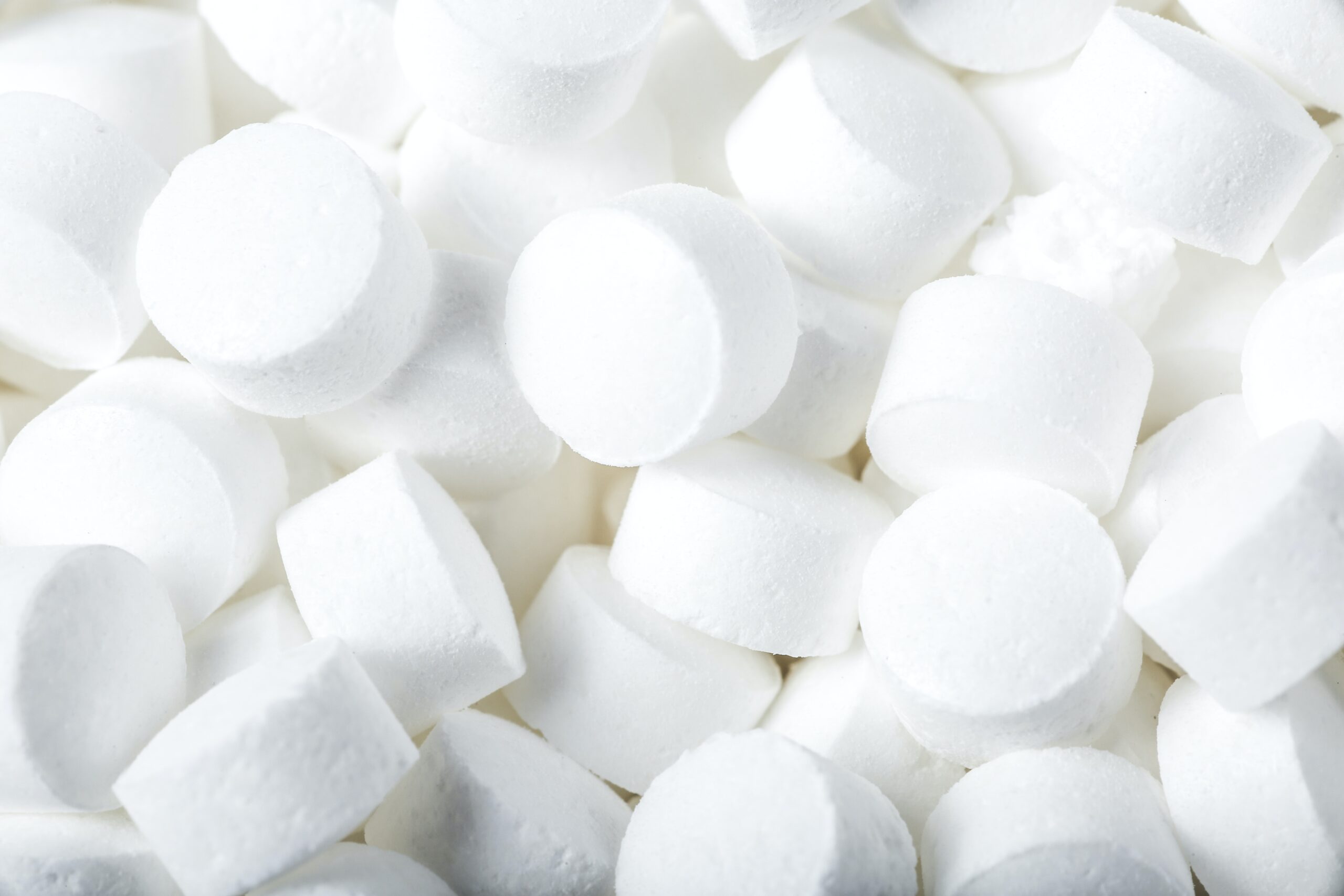Can Codeine Cause Low Blood Pressure?
Yes. Codeine can cause a sudden drop in your blood pressure. As a result, you may feel dizzy and/or lightheaded. Codeine is used to relieve mild to moderate pain. It is also used, usually in combination with other medications, to reduce coughing. Codeine can only help relieve symptoms but will not treat the cause of symptoms or speed recovery. Is codeine a blood thinner? No, on their own, opioids are not blood thinners.
This drug belongs to a class of medications called opiate (narcotic) analgesics and to a class of medications called antitussives. When codeine is used to treat pain, it works by changing the way the brain and nervous system respond to pain. When codeine is used to reduce coughing, it works by decreasing the activity in the part of the brain that causes coughing.
Unfortunately, Codeine may be habit-forming or may cause substance abuse. You have to take codeine exactly as directed. Do not take more of it, take it more often, or take it in a different way than directed by your doctor. While taking codeine, you should discuss with your healthcare provider your pain treatment goals, length of treatment, and other ways to manage your pain. Tell your doctor if:
- You or anyone in your family drinks or has a history of alcoholism
- Uses or has ever used street drugs
- Has a history of prescription drug abuse
- Has had a drug overdose
- If you have or have ever had depression or another psychiatric disorder
There is a greater risk that you will overuse codeine if you have or have ever had any of these conditions. [1] Talk to your healthcare provider immediately and ask for guidance if you think that you have an opioid addiction.

Get Your Life Back
Find Hope & Recovery. Get Safe Comfortable Detox, Addiction Rehab & Dual Diagnosis Trused Care.
7/365 Line (844) 597-1011Codeine and Blood Pressure
According to PubChem [2], Codeine increases the risk of compromised ability to maintain blood pressure due to peripheral vasodilation and other mechanisms. Peripheral vasodilation means the drug dilates your distal blood vessels and lowers the blood pressure.
Low blood pressure occurs when blood pressure is much lower than normal. This means the heart, brain, and other parts of the body do not get enough blood. Normal blood pressure is mostly between 90/60 mmHg and 120/80 mmHg. The medical name for low blood pressure is hypotension.
Symptoms of low blood pressure may include:
- Blurry vision
- Confusion
- Dizziness
- Fainting (syncope)
- Lightheadedness
- Nausea or vomiting
- Sleepiness
- Weakness
Get Help. Get Better. Get Your Life Back.
Searching for Accredited Drug and Alcohol Rehab Centers Near You?
Even if you have failed previously and relapsed, or are in the middle of a difficult crisis, we stand ready to support you. Our trusted behavioral health specialists will not give up on you. When you feel ready or just want someone to speak to about therapy alternatives to change your life call us. Even if we cannot assist you, we will lead you to wherever you can get support. There is no obligation. Call our hotline today.
(844) 597-1011Is Codeine a Blood Thinner?
No, on their own, Codeine and other opioids are not blood thinners. Blood thinners are medications that prevent blood clots from forming. They do not break up clots that you already have. But they can stop those clots from getting bigger. The importance of blood thinners is to treat blood clots in your blood vessels and the heart as they can cause heart attacks, strokes, and blockages.
You may need a blood thinner if you have [3]:
- Certain heart or blood vessel diseases
- An abnormal heart rhythm called atrial fibrillation
- A heart valve replacement
- A risk of blood clots after surgery
- Congenital heart defects
Types of blood thinners:
- Anticoagulants, such as heparin or warfarin (also called Coumadin), slow down your body’s process of making clots.
- Antiplatelets, such as aspirin and clopidogrel, prevent blood cells called platelets from clumping together to form a clot. Antiplatelets are mainly taken by people who have had a heart attack or stroke.
Codeine Side Effects
Excessive use of Codeine may lead to physical dependence and tolerance. Tell your doctor if any of these symptoms are severe or do not go away:
- Headache
- Stomach pain
- Difficulty urinating
First-class Facilities & Amenities
Trusted Integrated Addiction & Mental Health Rehabilitation Treatment
Rehab Centers TourEstablished Addiction Centers. Serene Private Facilities. Inpatient rehab programs vary.
Addiction Helpline (844) 597-1011Comprehensive recovery success experience, backed by a Team w/ History of:
15+
Years of Unified Experience
100s
5-Star Reviews Across Our Centers
10K
Recovery Success Stories Across Our Network
- Low Patient to Therapist Ratio
- Onsite Medical Detox Center
- Comprehensive Dual-Diagnosis Treatment
- Complimentary Family & Alumni Programs
- Alumni Coaching, Recovery & Personal Development Events
Some side effects can be serious. If you experience any of the following symptoms or those listed in the IMPORTANT WARNINGS section, stop taking codeine and call your doctor immediately or get emergency medical attention:
- Agitation, hallucinations (seeing things or hearing voices that do not exist), fever, sweating, confusion, fast heartbeat, shivering, severe muscle stiffness or twitching, loss of coordination, nausea, vomiting, or diarrhea
- Nausea, vomiting, loss of appetite, weakness, or dizziness
- Inability to get or keep an erection
- Irregular menstruation
- Decreased sexual desire
- Noisy or shallow breathing
- Difficulty breathing or swallowing
- Changes in heartbeat
- Rash
- Itching
- Hives
- Changes in vision
- Seizures
Codeine may cause other side effects. Call your doctor if you have any unusual problems while you are taking this medication.
Is Codeine Addictive?
Opioid addiction is a long-lasting (chronic) disease that can cause major health, social, and economic problems. Commonly prescribed opioids include codeine, fentanyl, buprenorphine, methadone, oxymorphone, hydrocodone, and morphine. Some other opioids, such as heroin, are illegal drugs of abuse. [4]
Opioid addiction can cause life-threatening health problems, including the risk of overdose. Opioid overdose symptoms occur when high doses of opioids cause breathing to slow or stop, leading to unconsciousness and death if the overdose is not treated immediately. Both legal and illegal opioids carry a risk of overdose if a person takes too much of the drug, or if opioids are combined with other drugs (particularly tranquilizers called benzodiazepines).
Specialized, Accredited, 5-Star Reviewed, Evidence-based Addiction & Mental Health Programs. Complete Behavioral Health Inpatient Rehab, Detox plus Co-occuring Disorders Therapy.
CALL(844) 597-1011End the Addiction Pain. End the Emotional Rollercoaster. Get Your Life Back. Start Drug, Alcohol & Dual Diagnosis Mental Health Treatment Now. Get Free, No-obligation Guidance by Substance Abuse Specialists Who Understand Addiction & Mental Health Recovery & Know How to Help.
Naloxone
While taking codeine, you should talk to your doctor about having a rescue medication called naloxone readily available (e.g., at home, office). Naloxone is used to reverse the life-threatening effects of an opioid overdose. It works by blocking the effects of opiates to relieve dangerous symptoms caused by high levels of opiates in the blood. Your doctor may also prescribe you naloxone if you are living in a household where there are small children or someone who has abused street or prescription drugs.
You should make sure that you and your family members, caregivers, or the people who spend time with you know how to recognize an overdose, how to use naloxone, and what to do until emergency medical help arrives. Your doctor or pharmacist will show you and your family members how to use the medication. Ask your pharmacist for the instructions or visit the manufacturer’s website to get the instructions. If symptoms of an overdose occur, a friend or family member should give the first dose of naloxone, call 911 immediately, and stay with you and watch you closely until emergency medical help arrives.
Symptoms of overdose may include the following:
- Difficulty breathing
- Slow or shallow breathing
- Excessive drowsiness or sleepiness
- Unable to respond or wake up
- Loss of muscle tone
- Cold and clammy skin
- Fainting
- Dizziness
- Slow heartbeat
Codeine & Opioid Addiction
In 2016, more than 20,000 deaths in the United States were caused by an overdose of prescription opioids, and another 13,000 deaths resulted from a heroin overdose. Drug overdoses are now the leading cause of death in U.S. adults under age 50, and opioids account for more than half of all drug overdose deaths. [5]
Opioid withdrawal is dangerous if you suddenly stopped taking the drug, and addiction is a complex issue that requires long-term treatment – not a quick fix. Therefore, the first step in overcoming Codeine addiction is to seek help from your medical provider or a trained professional. Clearing prescription drugs from the body and overcoming withdrawal symptoms is the goal of medical detox treatment, which is the first step of treatment for opioid addiction.
Searched for “is codeine a blood thinner?” Are you suspecting someone misusing this drug or developing opioid addiction? Are you using the medicine in a different way than you are supposed to? Or using the medicine for another purpose, such as getting high? Misusing prescription drugs, including using them for another purpose and using them in a different way than you are supposed to are signs of developing a drug addiction.
We Level Up center’s thorough approach to rehabilitation supports several levels of care to ensure the best possible outcome for every client who enters our doors. Make this your opportunity to reclaim your life. Call today to speak with one of our treatment specialists. We will help you explore opioid addiction treatment options. Your call is private and confidential, and there is never any obligation.
Experience Transformative Recovery at We Level Up Treatment Centers.
See our authentic success stories. Get inspired. Get the help you deserve.
Start a New Life
Begin with a free call to an addiction & behavioral health treatment advisor. Learn more about our dual-diagnosis programs. The We Level Up Treatment Center Network delivers recovery programs that vary by each treatment facility. Call to learn more.
- Personalized Care
- Caring Accountable Staff
- World-class Amenities
- Licensed & Accredited
- Renowned w/ 100s 5-Star Reviews
We’ll Call You
Sources
[1] Codeine – U.S. Department of Health and Human Services National Institutes of Health
[2] Codeine (Compound) available from: https://pubchem.ncbi.nlm.nih.gov/compound/Codeine#section=Pharmacology National Center for Biotechnology Information
[3] Blood Thinners available from: https://medlineplus.gov/bloodthinners.html
[4-5] Opioid addiction – U.S. Department of Health and Human Services National Institutes of Health








